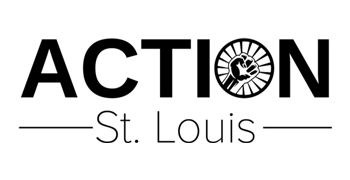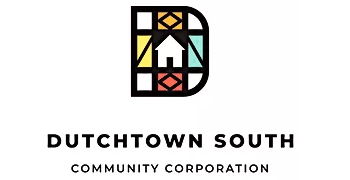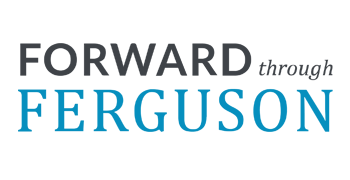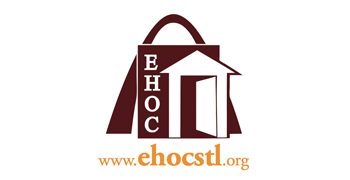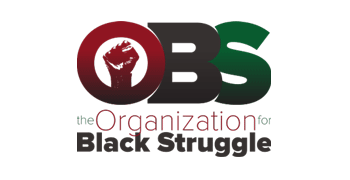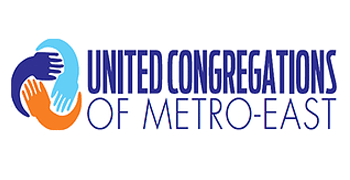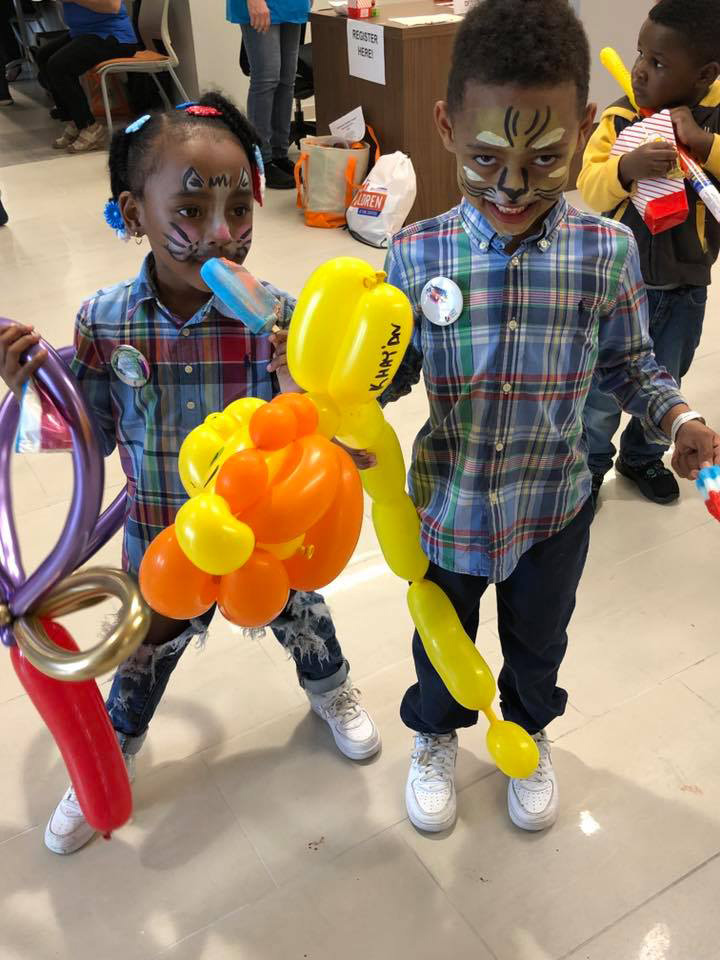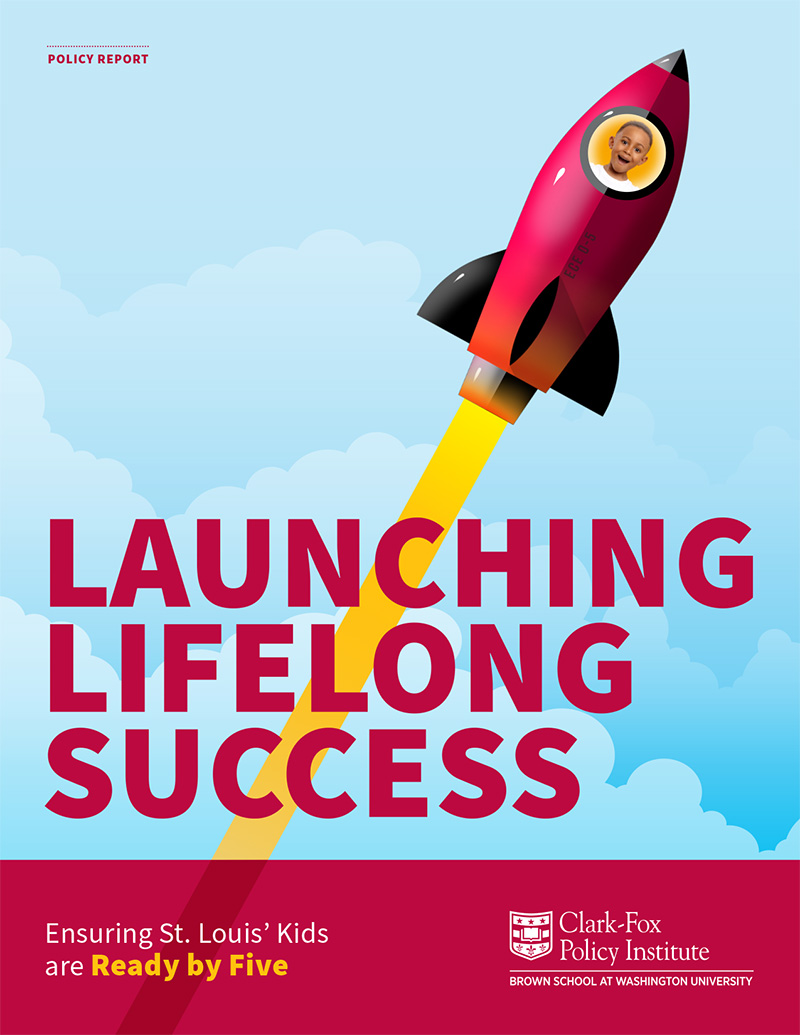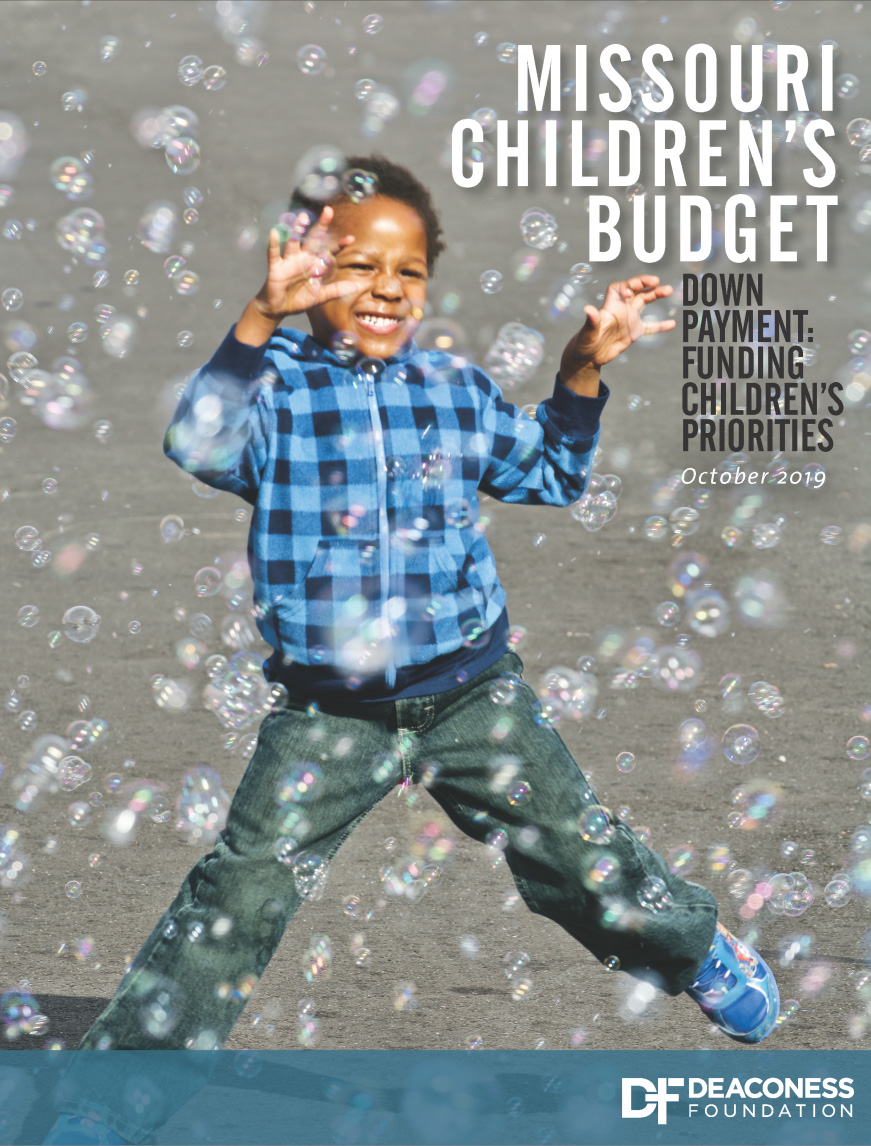BUILDING A COMMUNITY
JUST FOR KIDS
In 2019 Deaconess approved a long-range plan to evolve our philanthropy, advocacy and engagement for the next seven years and affirmed our commitment to racial equity in our governance.
For more than a year, members of our staff team, the Foundation's Board of Trustees, Deaconess Center's Board of Directors, and the Foundation's Community and Policy Advisory Boards listened deeply to one another, our Partners and leading voices in philanthropy, equity and child well-being through a series of Community Conversations to inform our strategy. The resulting plan deepened our commitment to the Just for Kids Theory of Change, added tools for building, wielding and sharing power to advance child well-being, and set the framework for investing between $15 and $17 million in advocacy, organizing and public policy strategies through 2024.
We engaged consultive partners to assess how well the Foundation builds, shares and wields power for equity and justice in internal operations, grant-making and relational capacity using the National Committee for Responsive Philanthropy’s (NCRP) Power Moves assessment. Through a collaborative, investigative process involving surveys and interviews with our partners, community members and philanthropic colleagues, we received feedback and got a view of our work from the various fields we engage. Our hope was to get an eye on whether we were fully leveraging our resources in pursuit of the equity and justice required to assure child well-being in the St. Louis region. We presented the assessment results publicly and invited the community to hold us accountable.
Indeed, 2020 proved more challenging than anyone could have predicted. In January of 2020 Deaconess hosted a peer learning session for our Funded Partner organizations with Trista Harris, author of FutureGood: How To Use Futurism to Save the World. Each year, Harris and her team at FutureGood publish predictions for the coming year in the social sector. Two of their predictions for 2020: “Foundations become more digitally savvy” and “Funders help defend democracy.” The year called upon Deaconess to do both.
Early in the year we partnered with the United Church of Christ and 14 St. Louis churches to buy and abolish $12.9 million in medical debt for 11,108 families – much-needed relief in what came to be an immensely difficult year for many families. Our focus quickly became sharper as the year unfolded and the world around us changed forever—from the COVID-19 pandemic to the racial justice movement to the attack on democracy. We organized with local and national philanthropy to establish platforms to quickly move financial resources to respond to the immediate needs of children and families disparately impacted by the deadly COVID-19 pandemic and to address root causes of racial injustice. We responded to the Movement for Black Lives (M4BL) coalition’s call for increased investment from the philanthropic sector in the coalition’s national organizing and coordinating capacity with a $25,000 grant. As a faith-rooted ministry, Deaconess invested $20,000 grant to strengthen the organizational effectiveness of the Samuel Dewitt Proctor Conference (SDPC) in support of faith-based advocacy for All Black lives. We ramped up our advocacy for justice in the media and called on St. Louis’ civic and corporate leadership to address practices and policies that perpetuate Black suffering. We activated movement infrastructure, Deaconess Center for Child Well-Being, in new ways to safely provide virtual and open-air convening space to movement leaders and sustainers.
In endeavors that
improve the health &
well-being of children
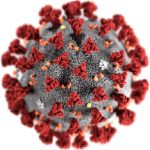 To meet the needs of a rapidly changing environment caused by the advent of COVID-19, the Foundation recalibrated its funding model and processes to expedite the grantmaking process for this Fund. Most organizations received funds within three weeks of submitting a funding proposal. Grants ranged from $5,000 to $50,000. In response to disparities in COVID-19 contraction and death rates for Black people and under-representation of Black leadership in regional response, Deaconess focused investment in Black-led organizations and prioritized those that serve Black communities.
To meet the needs of a rapidly changing environment caused by the advent of COVID-19, the Foundation recalibrated its funding model and processes to expedite the grantmaking process for this Fund. Most organizations received funds within three weeks of submitting a funding proposal. Grants ranged from $5,000 to $50,000. In response to disparities in COVID-19 contraction and death rates for Black people and under-representation of Black leadership in regional response, Deaconess focused investment in Black-led organizations and prioritized those that serve Black communities.
In addition to $1.2 million in emergency funding from Deaconess, the Equitable Relief and Recovery Fund received $1 million from the Robert Wood Johnson Foundation (RWJF).
Three Phases
of a Just
Recovery:

Deaconess recognized the journey to an equitable economic recovery from the COVID-19 pandemic will take time and allocated $300,000 in grants to support a cohort of six Black-led organizations the Foundation identified as critical to framing a just recovery and assuring public will for a sustained public policy response.
In addition to general operating support, the cohort, receives expert training, coaching, and peer support for capacity building efforts.
Through a funding partnership with United Philanthropy Forum’s Momentum Fund, we hired a full-time Just Recovery Fellow dedicated to implementing our Just Recovery strategy.
The comprehensive report on Deaconess’ COVID-19 funding efforts provides a complete list of COVID-19 Equitable Relief and Recovery partners.
With a matching grant from the Robert Wood Johnson Foundation and a growing pool of participating organizations, $1.4 million had been committed to the effort at the time of launch. Through a community-led grantmaking process, the fund supports efforts to develop capacity and infrastructure in the racial justice movement to envision, articulate and create a transformed St. Louis region through community organizing and healing arts.
Through a participatory grantmaking process, a cohort of grassroots leaders, artists, creatives and residents of color identify specific funding priorities and outcomes and distribute invested funds to a combination of mid-scale and grassroots organizations beginning in 2020.
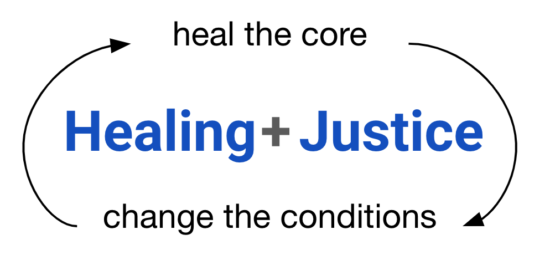
The targeted investments, guided by a shared community-driven vision, aim to (1) heal individual and community trauma, (2) engage a broader range of residents in systems change work, (3) prepare leaders of color to organize for healing justice, (4) build local capacity to nurture support, and cultivate healing assets and (5) align resources for long-term sustainability.
With the focus on helping the region heal from the effects of racism and produce actionable change, the Fund Partners have collectively committed to a set of collaborative practices to assure sustained momentum for organized advocacy and civic action for systemic transformation.
The group of diverse funders of the effort include: Deaconess, Incarnate Word Foundation, Lutheran Foundation of St. Louis, Midwest Bank Centre, Missouri Foundation for Health, Robert Wood Johnson Foundation, St. Louis Community Foundation, the Unitarian Universalist Veatch Program at Shelter Rock, YouthBridge Community Foundation, Big League Impact, Clark-Fox Family Foundation, Missouri Foundation for Health, JF Roblee Foundation, Saint Louis MHB, Lutheran Foundation of St. Louis, Light a Single Candle Foundation, Marillac Mission Fund, United Way of Greater St. Louis and Washington University in St. Louis.
Deaconess Foundation invested $100,000 to support a 2020 collaborative public policy campaign to achieve Medicaid Expansion and democracy reform in Missouri.
Missouri Jobs with Justice and Action St. Louis collaborated as campaign partners and focused on mobilizing their combined base among uninsured or underinsured citizens and developing the leadership capacity of people for whom access to healthcare had been denied due to the failure to expand Medicaid.
The award helped mobilize the electorate to successfully add a Missouri constitutional amendment in support of Medicaid Expansion to the November 2020 ballot. The campaign advanced recommendations from both the Ferguson Commission Calls-to-Action and the Changing States - Building Power on the Frontlines: Missouri Power Audit Arenas for Change reports and Deaconess' public policy priority of comprehensive access to health care.
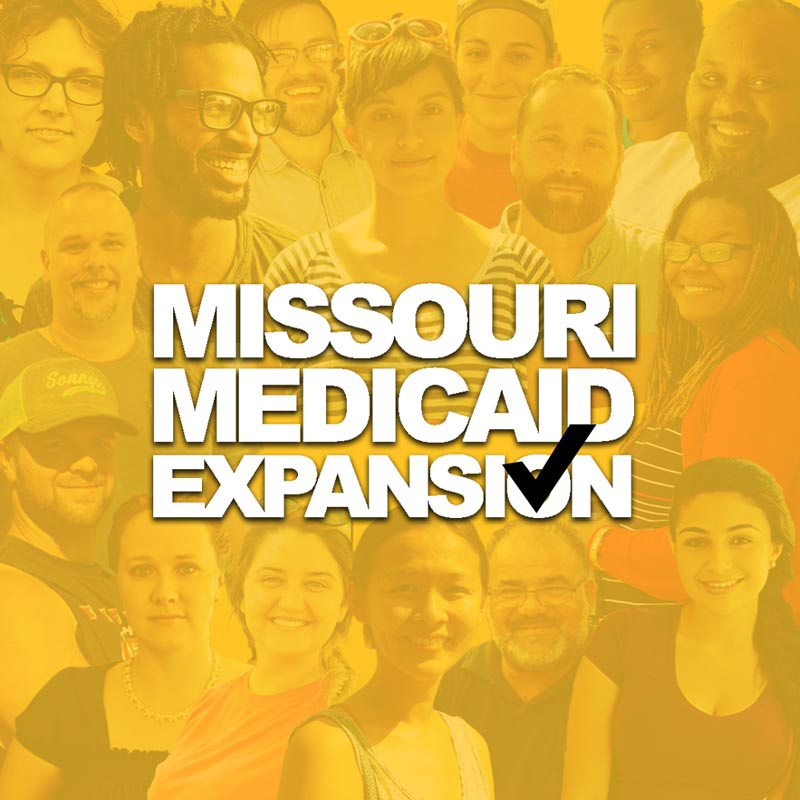
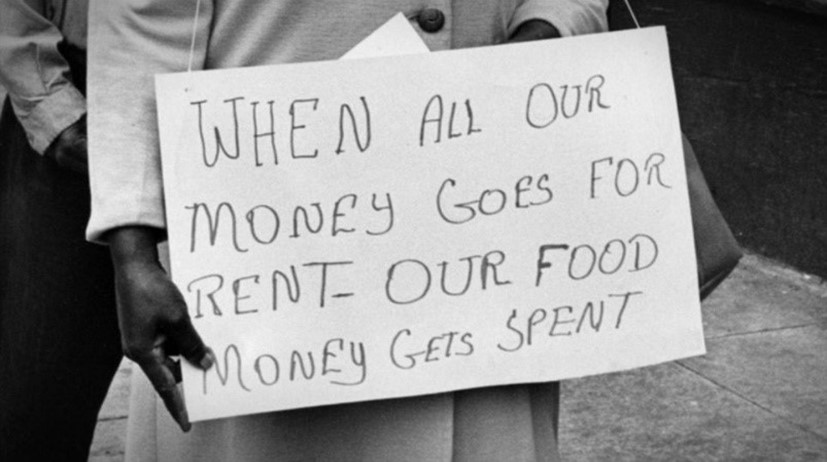
Alongside Jean King and Ivory Perry, Rev. Jones was a key figure in the 1969 St. Louis Rent Strike which transformed federal housing policy and made housing a central issue in the Black Freedom struggle.
The Reverend Buck Jones Memorial Grant for Tenant Organizing was partially funded from the settlement of a suit filed by Missouri's Attorney General against the St. Louis Housing Authority and McCormack Baron Salazar at the call of residents from Clinton-Peabody. Additional support from Deaconess Foundation was provided to ensure the power of residents was sustained in a meaningful way. Residents of the Clinton-Peabody community participated in the selection of Action St. Louis as an organizing partner.
The st. Louis region to come
together to make a difference
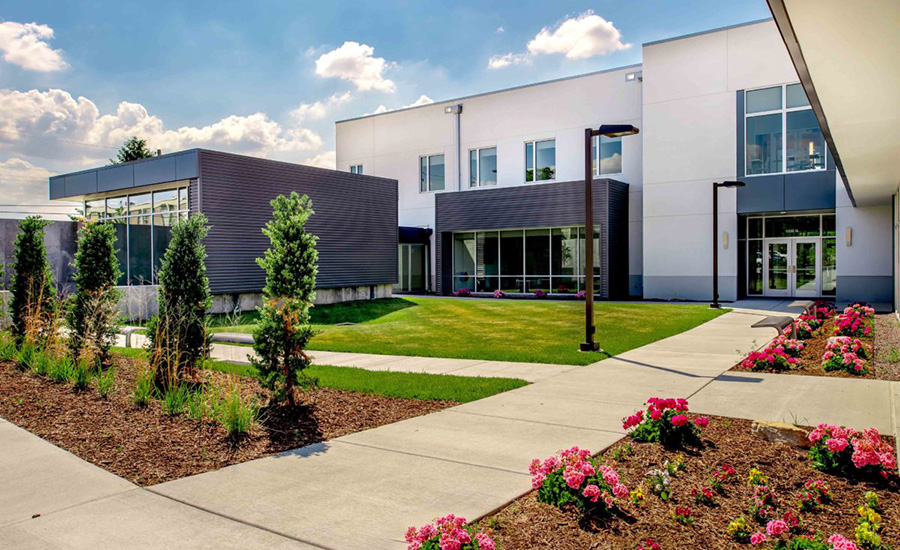
Convenings Held: 311
Unique Organizations with Approved Requests: 137
Total Estimated Attendance: 15,696
*Dollar Amount of Granted Space: $169,095
*This number includes convening space and space granted to Unleashing Potential and VCR.
Virtual Convenings: 117
In-Person Convenings: 136
Unique Organizations with Approved Requests: 71
Total Estimated Attendance: 8,821
*Dollar Amount of Granted Space: $82,365
* This number includes convening space and space granted to Unleashing Potential and VCR.

Kelvin Adams
Superintendent, St. Louis Public Schools
Maureen Clancy-May
Area Supervisor for Quality Schools, Missouri Dept. of Elementary & Secondary Education (DESE)
The Honorable Steven R. Ohmer
Administrative Judge, Family Court. 22nd Judicial Circuit Court
Douglas Thaman
Executive Director, Missouri Charter Public School Association
Terry Harris
Executive Director of Student Services, Rockwood School District
Justen Hauser
Health Services Manager, City of St. Louis
The Honorable Cara Spencer
Education and Youth Matters Chair, St. Louis Board of Aldermen
The Honorable Shameem Clark-Hubbard
26th Ward Alderwoman, St. Louis Board of Aldermen
The Honorable Lewis Reed
Aldermanic President, City of St. Louis
Robert Puricelli
Executive Director, Gene Slay’s Girls and Boys Club
Children at the Center:
Healthy Family Festival
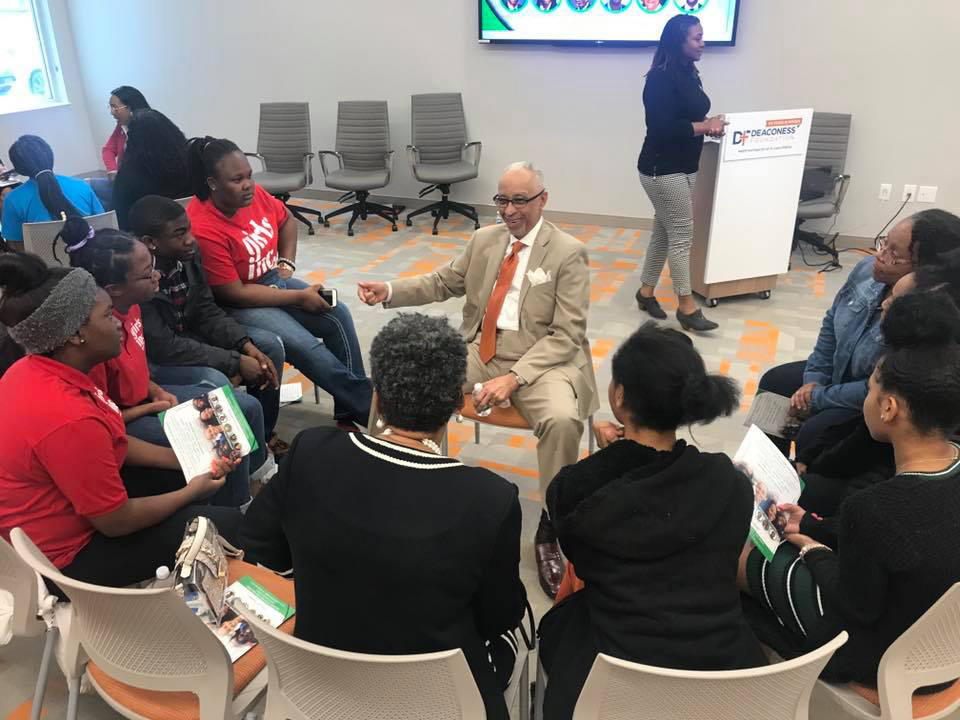
In 2019 Deaconess hosted the Children at the Center: Healthy Family Festival with missional partners Vision for Children at Risk and Unleashing Potential in partnership with BJC Raising America, Cardinals Care, Center for Innovation in Child Maltreatment Policy Research and Training, Brown School-Washington University, City of St. Louis Health Department, St. Louis Child Abuse & Neglect Network, St. Louis Region System of Care, and YWCA Metro St. Louis.
In addition to enjoying fun activities, children, their families and caregivers received health screenings and connected with community resources and service providers. Simultaneously, in Deaconess Center’s Justice Community Room elected officials and public servants were engaging youth in conversations on topics such as the cash bail system, municipal fragmentation, and educational funding inequity.
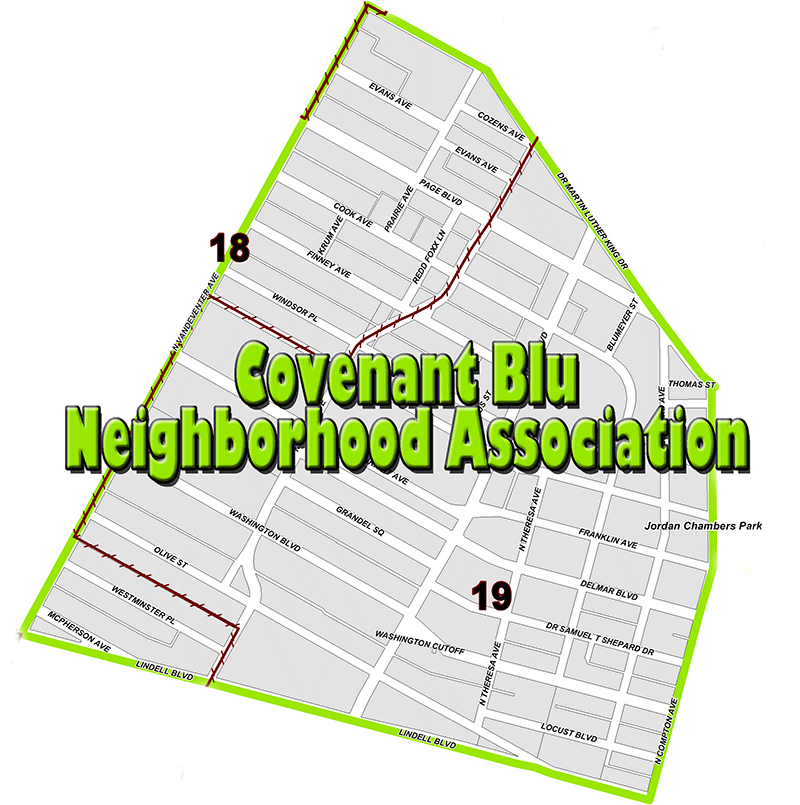
For Change In Our Community

Deaconess, in alignment with our public policy agenda, called for increased investment in early childhood education, supported the campaign to increase property taxes in the City of St. Louis and raise approximately $2.3 million annually to fund early childhood education services and centers in the areas of the city with the greatest need.
Proposition R generates revenue for early childhood education for children aged zero to five through a property tax increase of 6 cents per $100 assessed valuation. For context, the impact on homeowners would be $11.40 in additional taxes paid for each $100,000 of their home's value. The funds raised from the increase are directed to early childhood services such as social-emotional support services and developmental screenings. The funds could also be used to build the capacity of early childhood staff through increased compensation and trainings to increase program quality. The funds are to be managed by the St. Louis Mental Health Board.
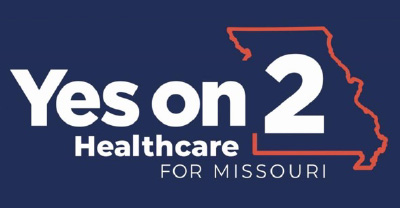
After a successful statewide campaign, Missouri voters expanded Medicaid in 2020. The statewide campaign to expand Medicaid consisted of a bipartisan coalition of citizens, healthcare providers, nonprofit organizations, and grassroots advocacy and organizing groups. The coalition was made possible by more than a decade of work by philanthropic and advocacy partners whose missions are dedicated to healthcare, including Missouri Foundation for Health, Health Forward Foundation, and Deaconess Foundation’s Just For Kids Anchor Institution, Missouri Health Care for All.
With the passage of Amendment 2, more than 250,000 Missourians, including 36,000 Black Missourians and 98,000 women, have access to health care insurance. Three in four adults living in poverty would are now eligible for Medicaid.
Deaconess has been an advocate for Medicaid Expansion since the adoption of our four-pronged youth-centered public policy agenda. The Foundation worked with Partners and leveraged media platforms to encourage citizens to vote Yes on 2. In addition to the $100,000 policy campaign grant to support mobilizing the electorate in suport of expanding Medicaid, Deaconess co-signed a published editorial, served on the YES on 2 St. Louis Champions Leadership Table and Deaconess Center hosted the launch of voter canvassing efforts.
Deaconess supported the Campaign through our Responsive Grants portfolio, granted convening space to the Campaign at Deaconess Center for Child Well-Being, and advocated for closure of the Workhouse (See President Reed: Help us ‘Close the Workhouse’).
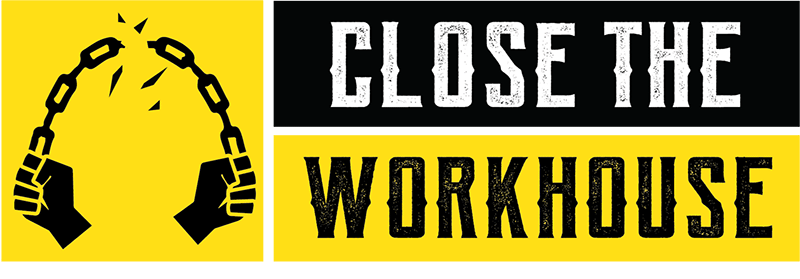
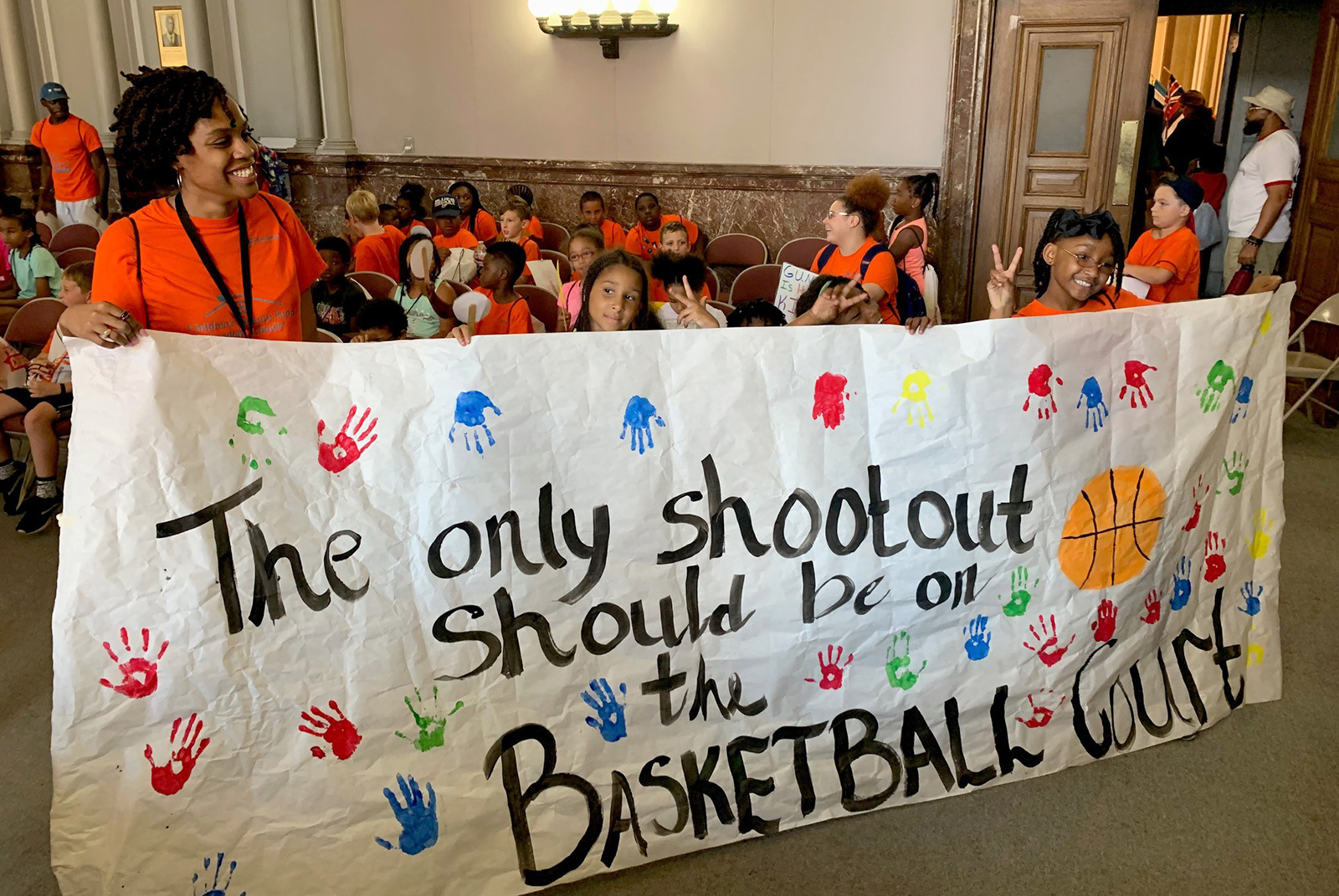
On July 17, 2019 Deaconess Foundation’s Children Defense Fund® (CDF) Freedom Schools Scholars joined over 180 other CDF Freedom School sites in 87 cities and 28 states across the country for a National Day of Social Action. Our Scholars went to City Hall to offer solutions to gun violence in their communities to then-Mayor Lyda Krewson and President of the Board of Aldermen Lewis E. Reed.
Deaconess leveraged media platforms to call upon Mayor Krewson to take specific actions to demonstrate moral leadership and provide ongoing, proactive supports for our young people in light of the moment (See Madam Mayor: Support our children before we lose them). At Deaconess, we work for safe communities where children and youth thrive and encouraged our community to join us in urging Mayor Krewson to: staff and fund the role of “Commissioner of Youth Services” as called for in the St. Louis City Charter; reconvene the Mayor’s Commission on Children, Youth and Families; and fully fund the CURE Violence initiative with a $1.5 million allocation to shift away from the failed arrest-and-incarcerate approach to public safety and invest in the flourishing of children and families. Of the three calls to action, more than $1.5 million was allocated to fund the CURE Violence initiative.
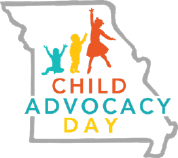 In 2019 Deaconess led a delegation of more than 100 individuals to Jefferson City to advocate on behalf of children in the state of Missouri. Deaconess' delegations included members and clergy of the United Church of Christ, youth service providers, children and families. Deaconess joined the larger statewide delegation and attended policy workshops, the Missouri Kids Count Roundtable, a rally in the Capitol and meetings with legislators and legislative staff.
In 2019 Deaconess led a delegation of more than 100 individuals to Jefferson City to advocate on behalf of children in the state of Missouri. Deaconess' delegations included members and clergy of the United Church of Christ, youth service providers, children and families. Deaconess joined the larger statewide delegation and attended policy workshops, the Missouri Kids Count Roundtable, a rally in the Capitol and meetings with legislators and legislative staff.
Deaconess joined advocates in prioritizing support for expanding the scope of practice for Advanced Practiced Registered Nurses (APRN), reestablishing the “Trauma-Informed Care for Children and Families Task Force, maintaining the increased minimum wage and opposing efforts to decrease wages, and fully finding the Foundation Formula.
• Investment Income: $9,875,444
• Contributions: $732,527
• Misc. Income: $187,529
Total: $10,795,500
2020 Revenue
• Investment Income: $6,325,704
• Contributions: $3,418,855
• Misc. Income: $157,501
Total: $9,902,060
2019 Expenses
• Program: $3,194,317
• Management / Operations: $1,057,223
Total: $4,251,540
• Program: $4,712,389
• Management / Operations: $1,242,489
Total: $5,954,878
Change in Net Assets

